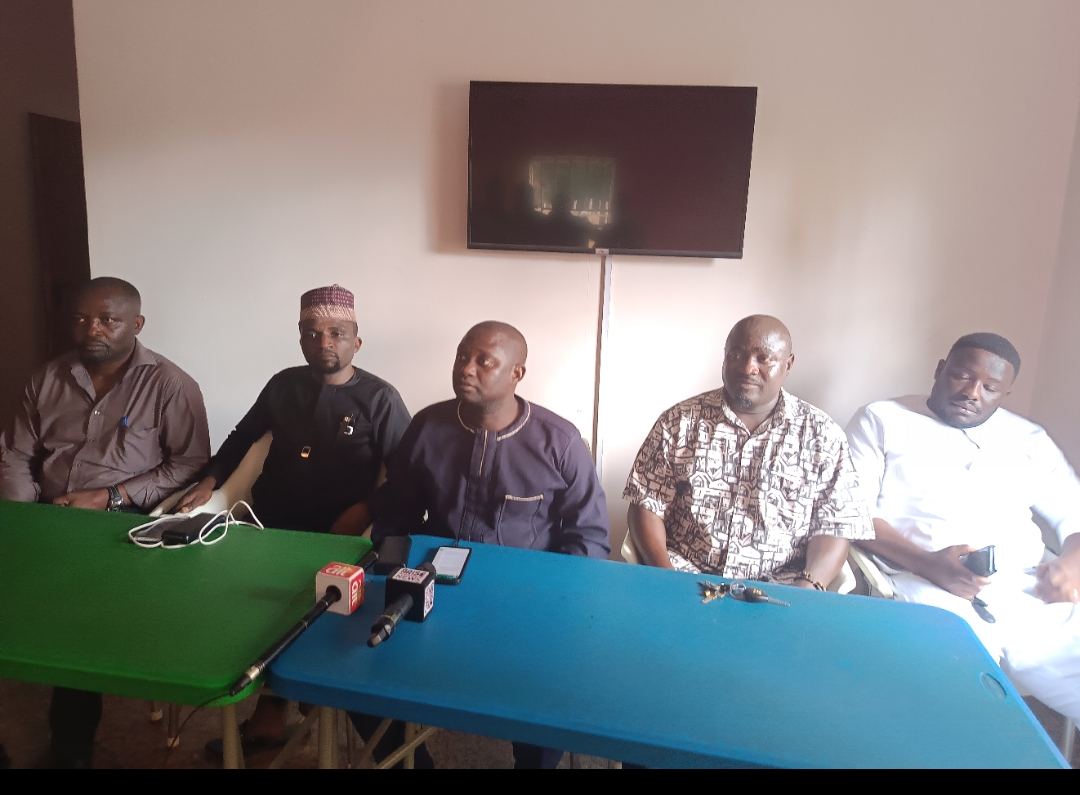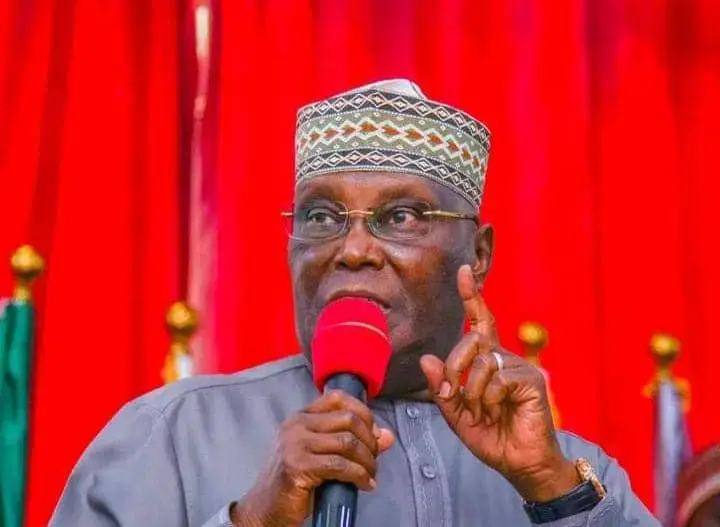By Jantiku Ijanada
In a stunning fiscal performance, the Federal Inland Revenue Service (FIRS) has shattered all records in revenue collection.
For the first half of 2023, they proudly announced a staggering tax revenue collection of N5.5 trillion, marking an unprecedented milestone in Nigeria’s financial history.
The road leading to this extraordinary achievement has been anything but ordinary.
The FIRS, under its current leadership, has undergone a remarkable transformation, positioning Nigeria on the path of economic growth, development, and sustainability.
In the face of adversities, the FIRS has consistently exceeded expectations.
In 2020, amidst the COVID-19 pandemic and #EndSARS protests, they collected N4.95 trillion, hitting 98% of their target.
The following year, 2021, saw them amass a remarkable N6.405 trillion, surpassing their goal by 101%.
However, the zenith was reached in 2022 when they collected a staggering N10.1 trillion, marking the highest ever single-year collection and crossing the N10 trillion threshold for the first time in history.
This remarkable accomplishment rewrote Nigeria’s tax collection history and set the stage for double-digit collections in the future.
The arrival of Muhammad Nami as the Executive Chairman of the FIRS ushered in a new era of rejuvenation and transformation.
His visionary reforms and strategies have elevated the service to unprecedented heights, surpassing all previous achievements.
Under Nami’s guidance, the FIRS adopted four cardinal goals to steer the agency towards improved tax revenue collection:
Customer-Centric Approach: Placing the taxpayer at the forefront, the FIRS aimed to provide excellent service, fostering voluntary tax compliance.
Data-Centric Philosophy: Embracing data-driven decision-making, the service harnessed technology to streamline tax administration processes, including VAT filing, and engaged stakeholders in both the formal and informal sectors.
Enhanced Stakeholder Collaboration: The FIRS prioritized collaboration with stakeholders, forging partnerships that bolstered tax collection efforts.
Revamped Institutional Framework: A reimagined organizational structure ensured staff efficiency, with a commitment to continuous training and retraining.
These strategic goals have borne fruit, as evidenced by their 2023-2024 tax revenue outlook, presented to the National Economic Council.
During a recent interview on the Business Morning Show, Muhammad Nami revealed the key reforms driving their ongoing success.
These include:
Stakeholder Engagement: Fostering stronger connections with stakeholders and ensuring taxpayer satisfaction.
Educational Initiatives: Issuing informative circulars, enlightening taxpayers on their rights and obligations, and providing guidance on tax laws and filing procedures.
Technological Advancements: Implementing “TaxPro Max” and other technological tools to automate tax administration, resulting in increased efficiency.
Data Utilization: Leveraging data and intelligence for tax collection and creating a comprehensive tax database.
These transformative reforms have propelled the FIRS to unparalleled success in revenue collection, and the outlook for the future is promising.
With their continued hyper-achievements, the FIRS appears poised for a prosperous future.
Muhammad Nami expressed confidence in their second-half performance, given the ongoing improvements in tax administration processes and the positive impact of government policies on the economy.
As they set their sights on a second-half target of N7.5 trillion, it’s highly likely that the FIRS will once again surpass expectations, continuing to redefine the boundaries of revenue collection in Nigeria.
The agency’s remarkable journey shows no signs of slowing down, promising a brighter financial future for both the FIRS and the nation as a whole.










